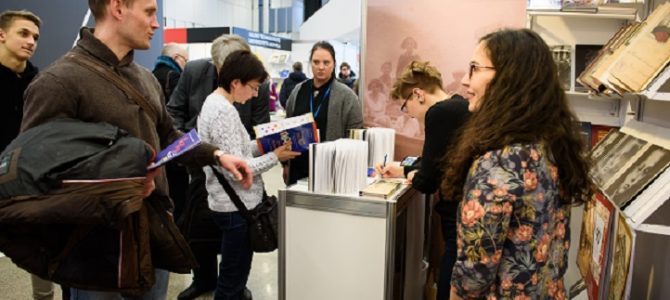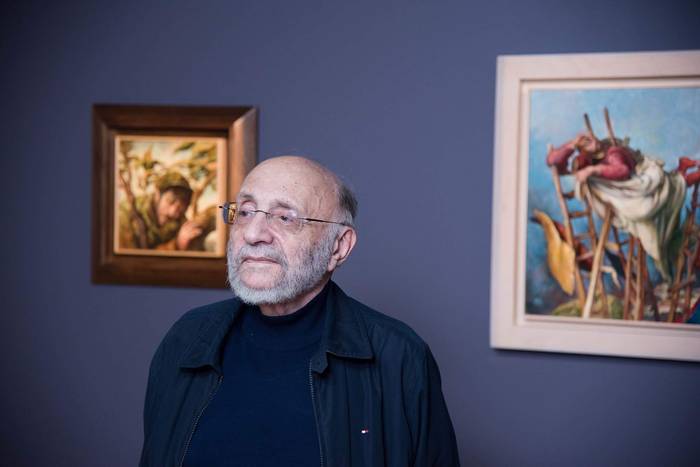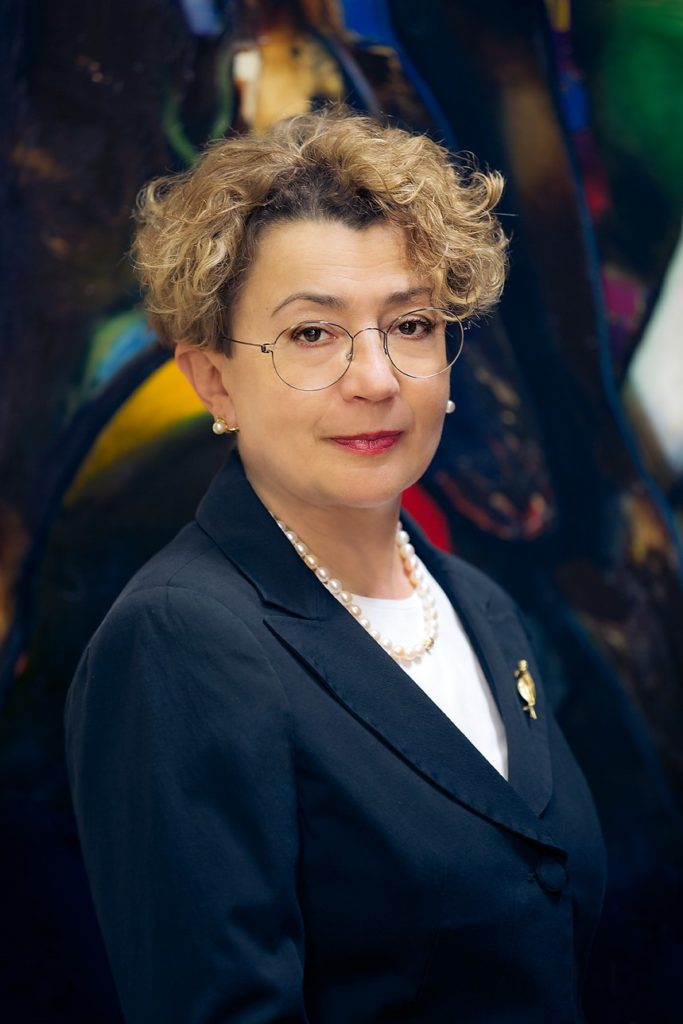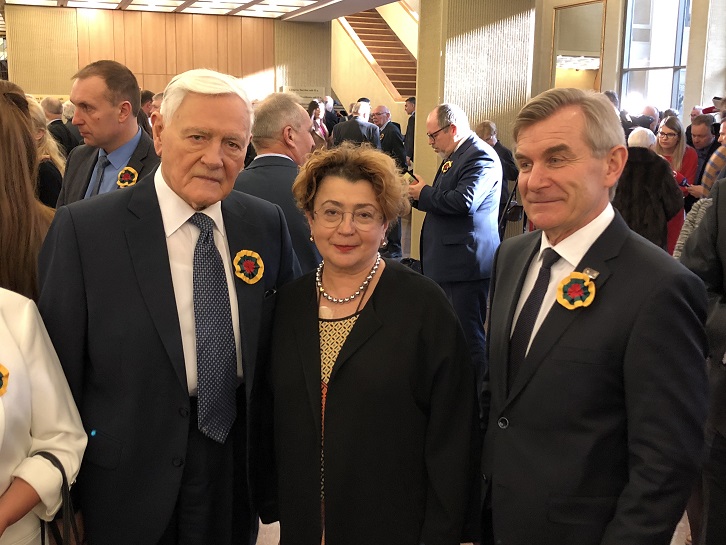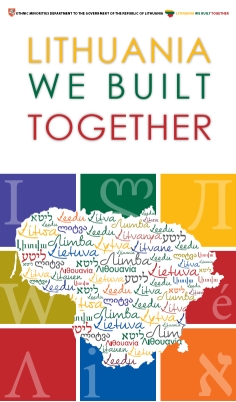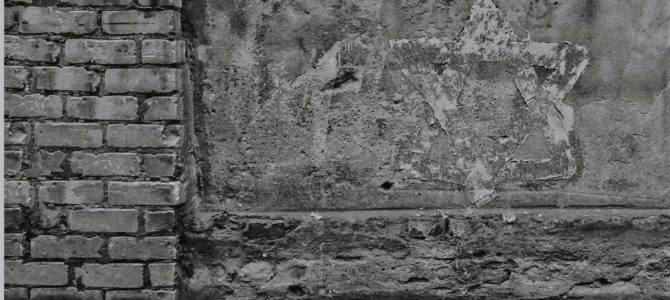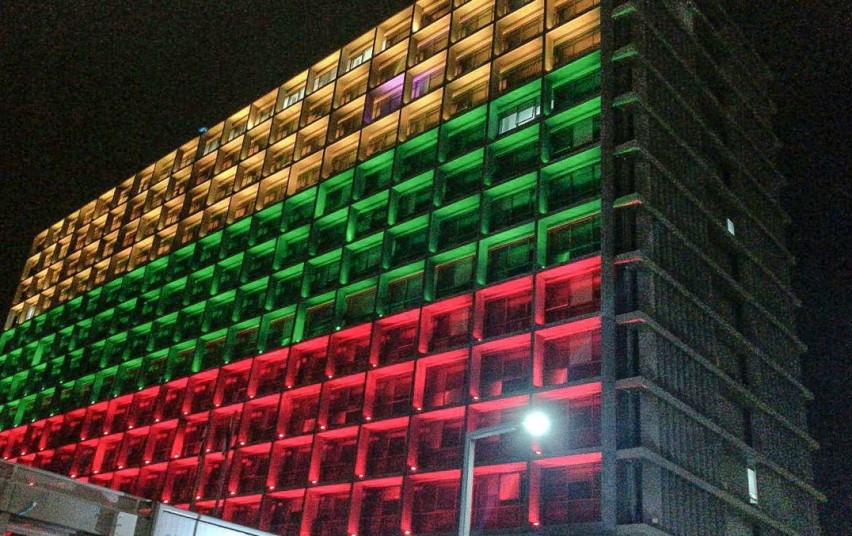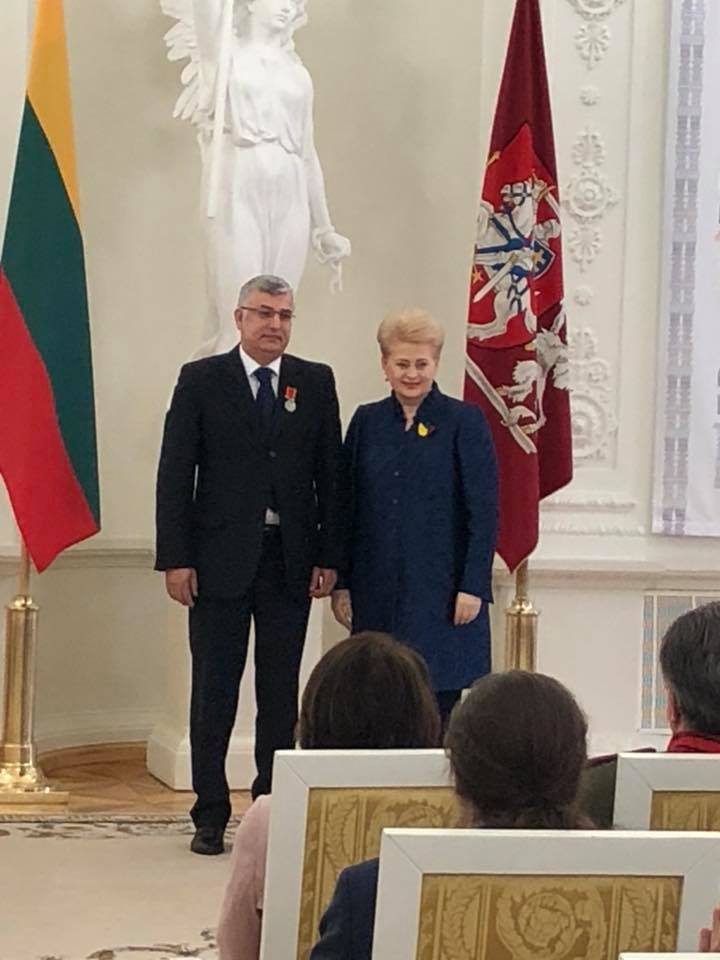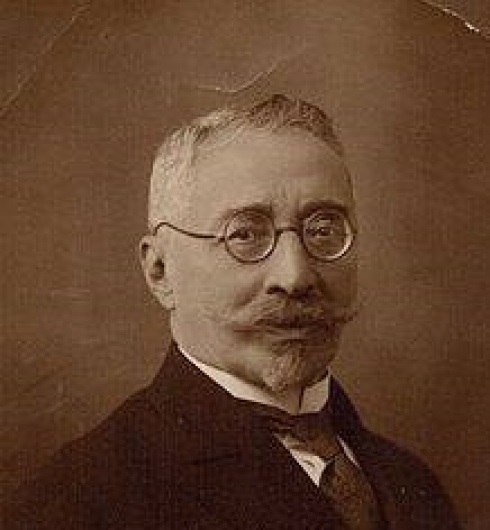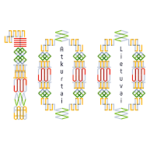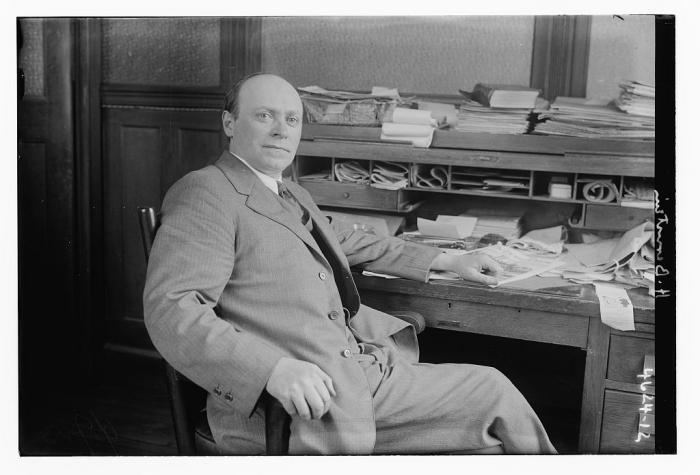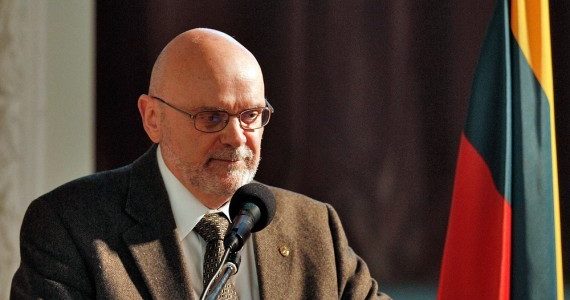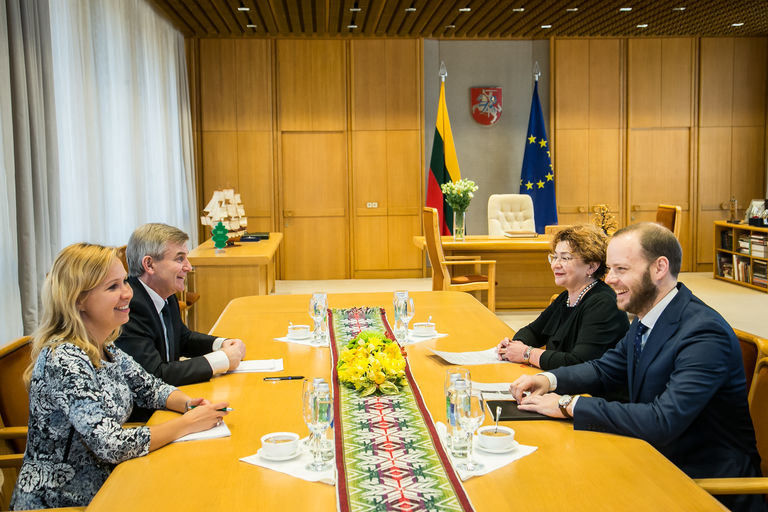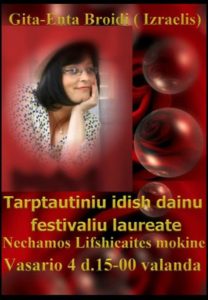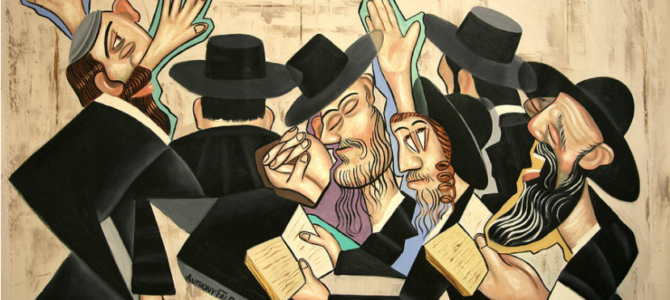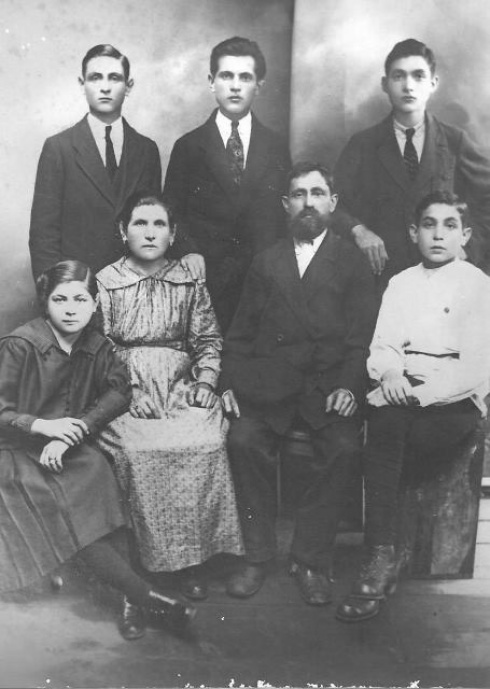
Rokha (Rocha-Samuraj) and Dovid Kanovich, Solomon’s brothers Moshe-Yankel,
Aizik and Motl, sister Khava (from collections of Sergejus Kanovičius and Lisa
Abukrat-Kanovich)
by Sergejus Kanovičius
The sky was bright blue. “So clear, almost as clear as the water in the yard of our house in Jonava,” thought Aizik and closed his eyes again. A few soft snowflakes fell from the blue sky. It seemed you could count them. Like family members–snowflake Sara, snowflake Rosette, snowflake Joseph, and snowflake Bernard–one, two, three, four, counted Aizik with his eyes closed.
“Get a move on. Faster, come on, the train won’t wait for you.” One could hear the echo of insistent urging.
“Aizik, Aizik, get up, we’re almost there – one more step and we’re on the train. A little more and we’re home in Paris”, whispered Moris-Moisha Zuskind, bent over his friend, holding his hands under his armpits so they wouldn’t freeze.
In his mind, Aizik was traveling to his hometown, Jonava, and his native Žvejų street. Back to December of 1920 when he stepped over the threshold of his house and proudly announced:


